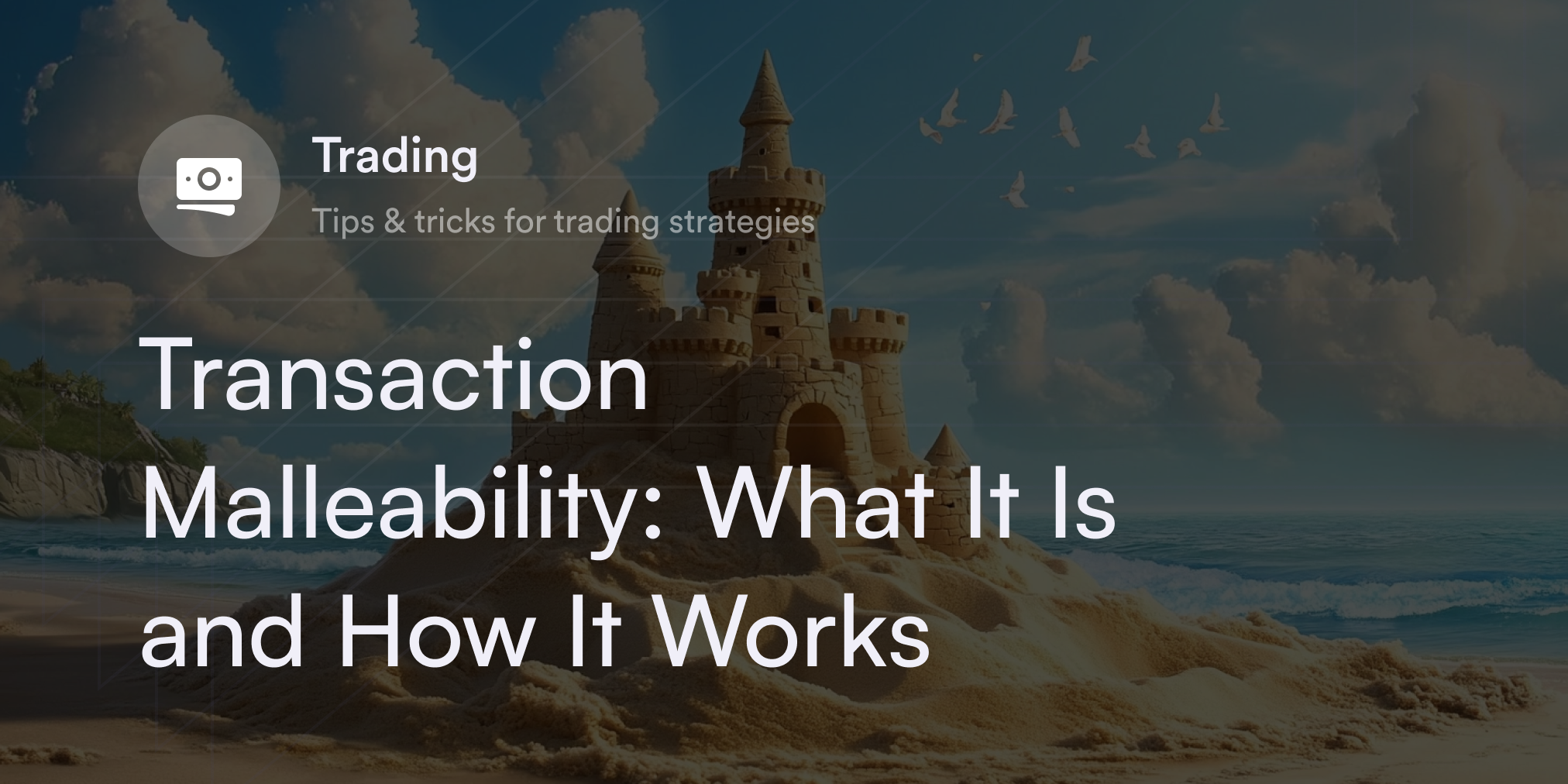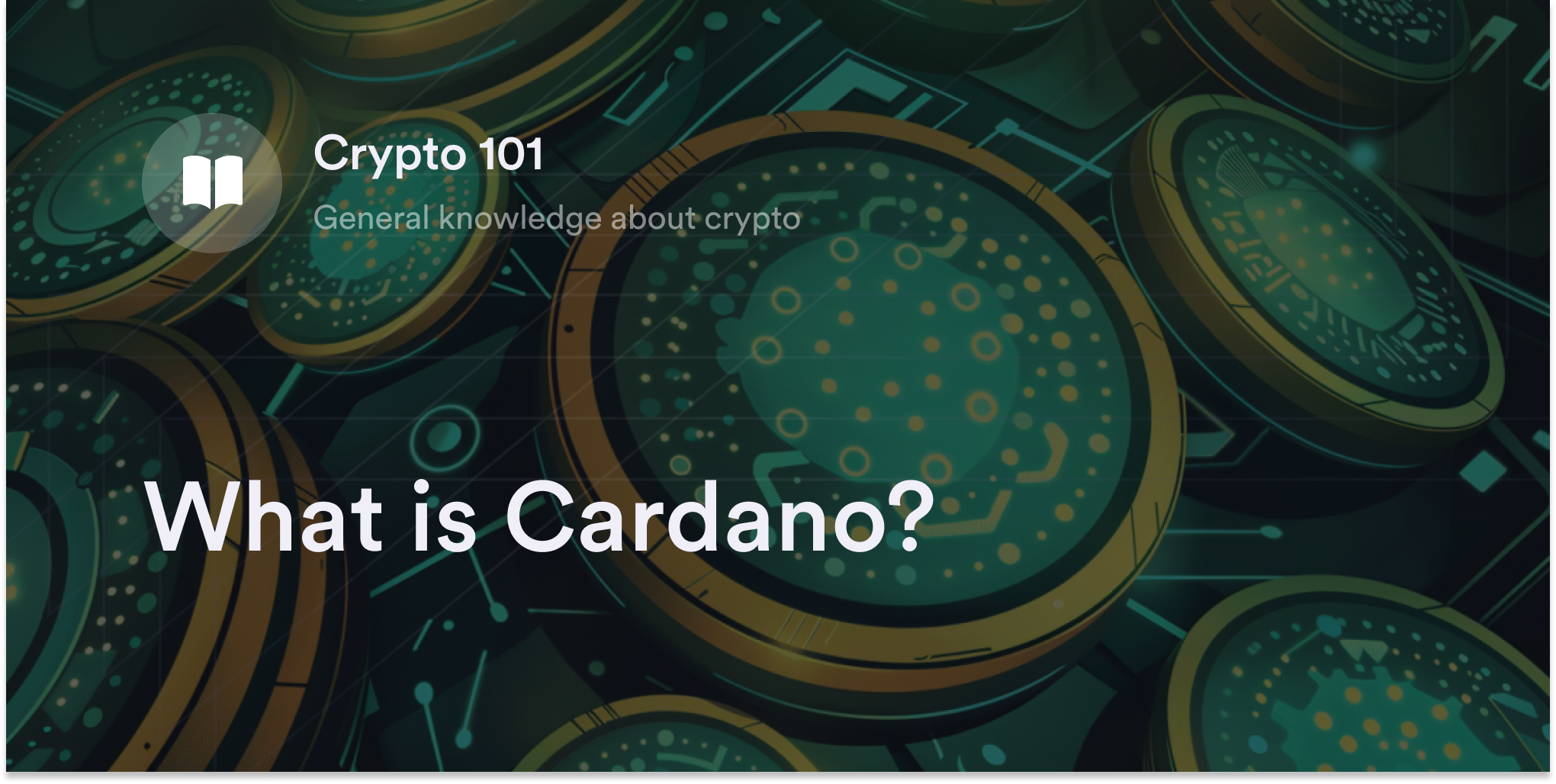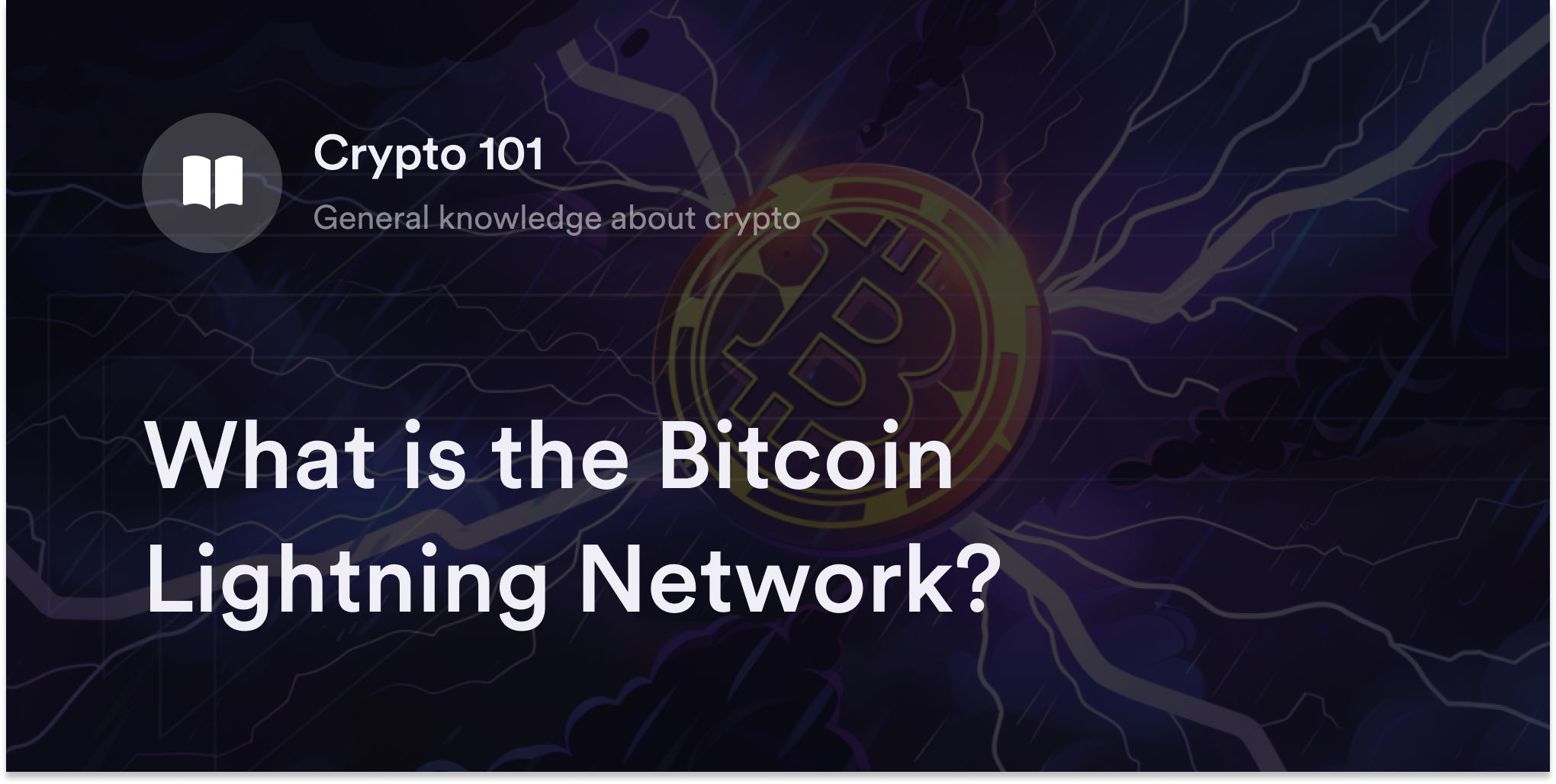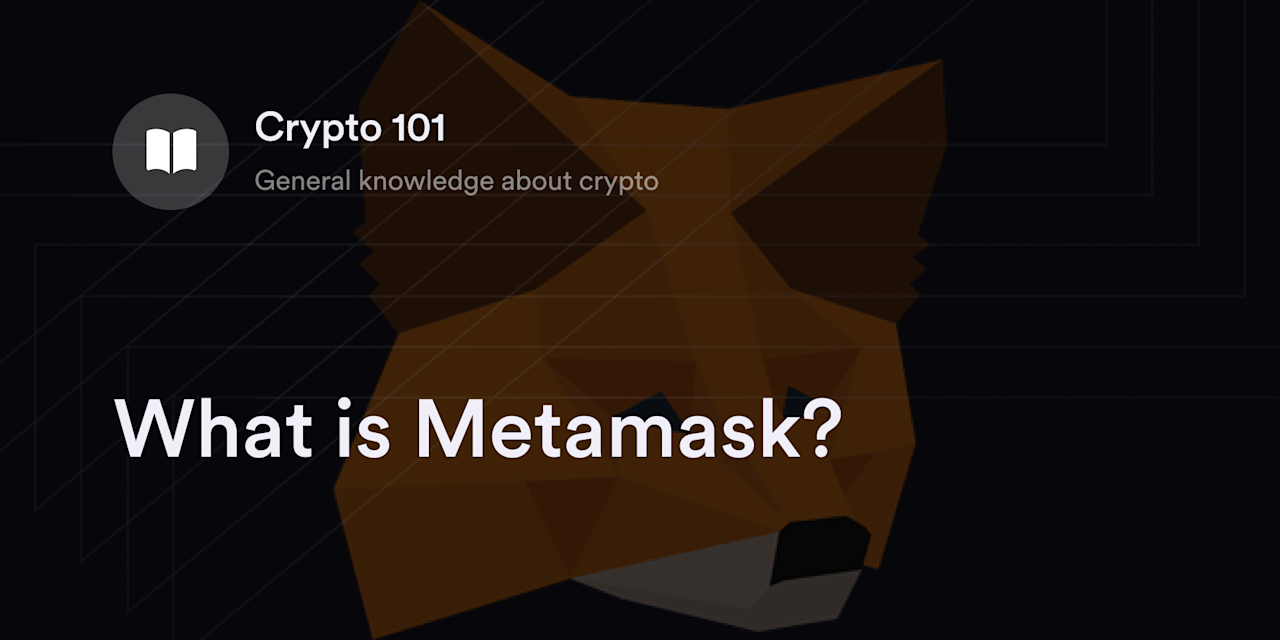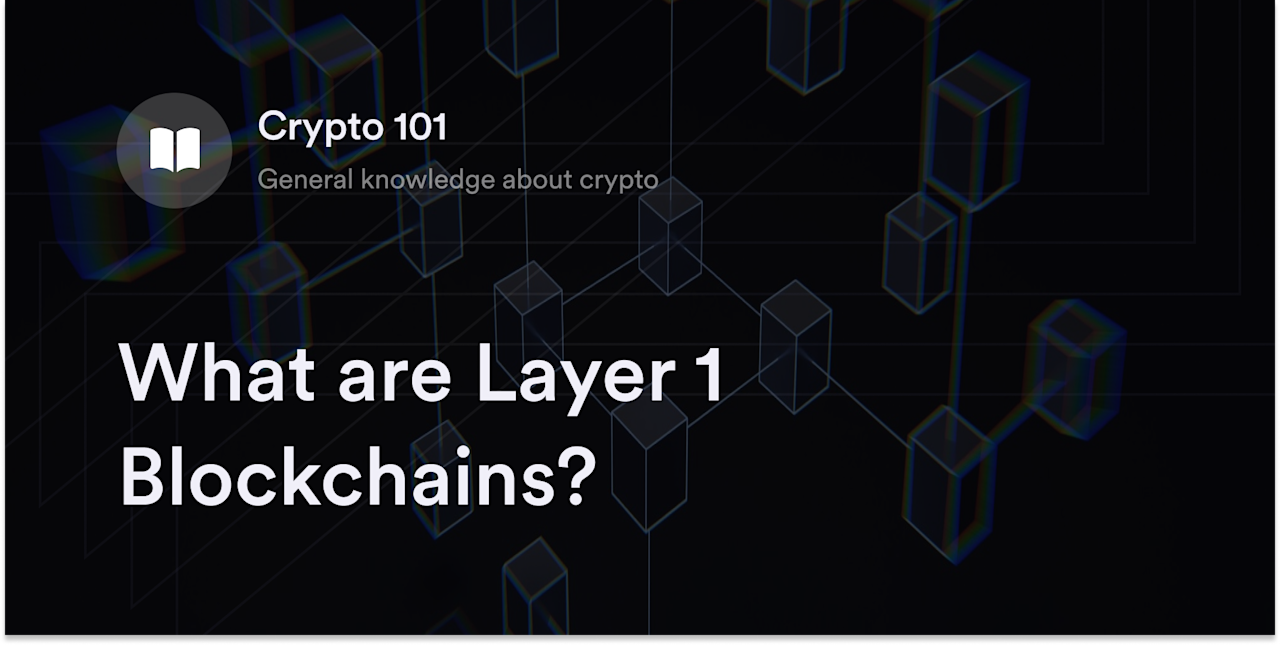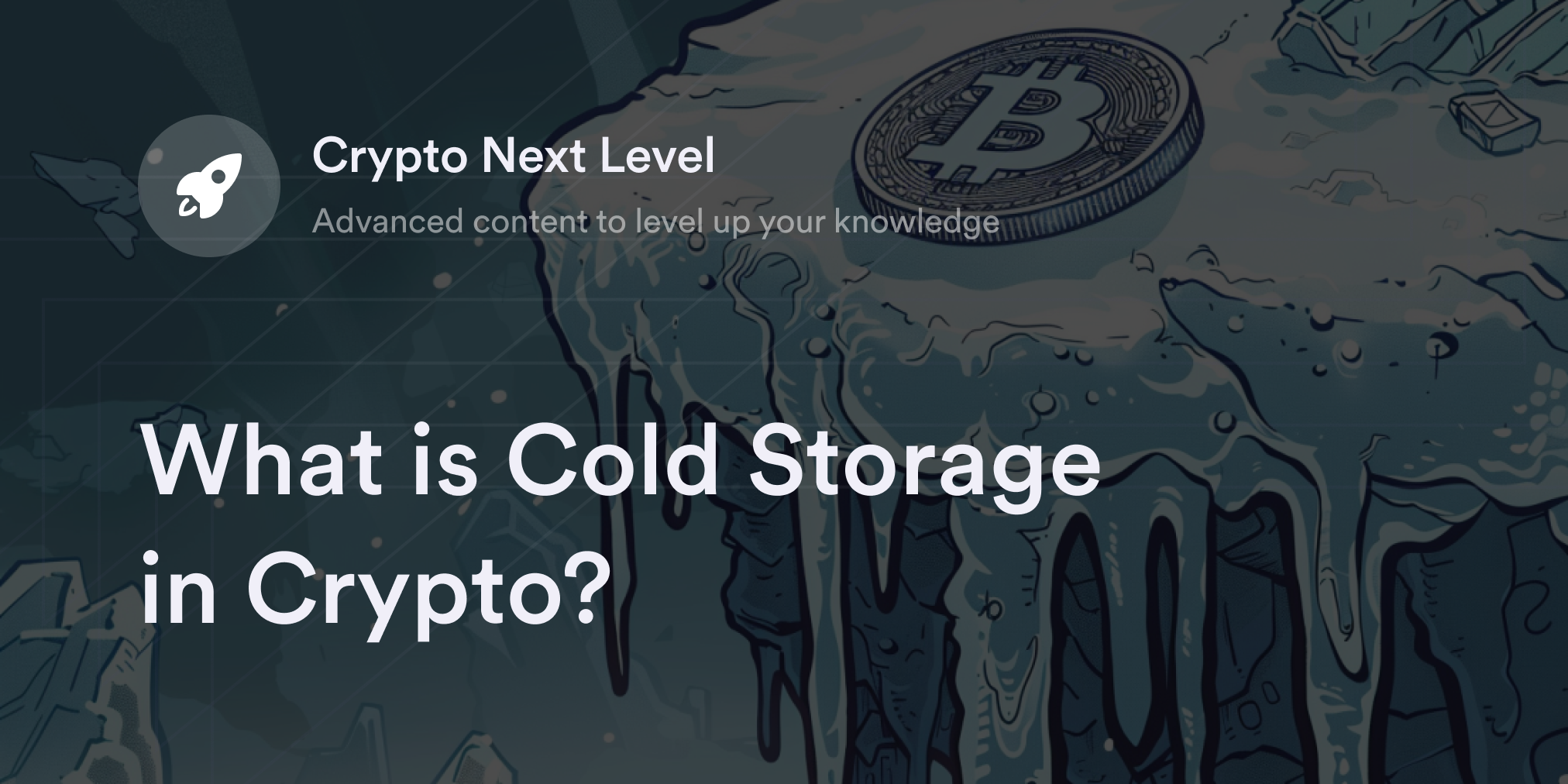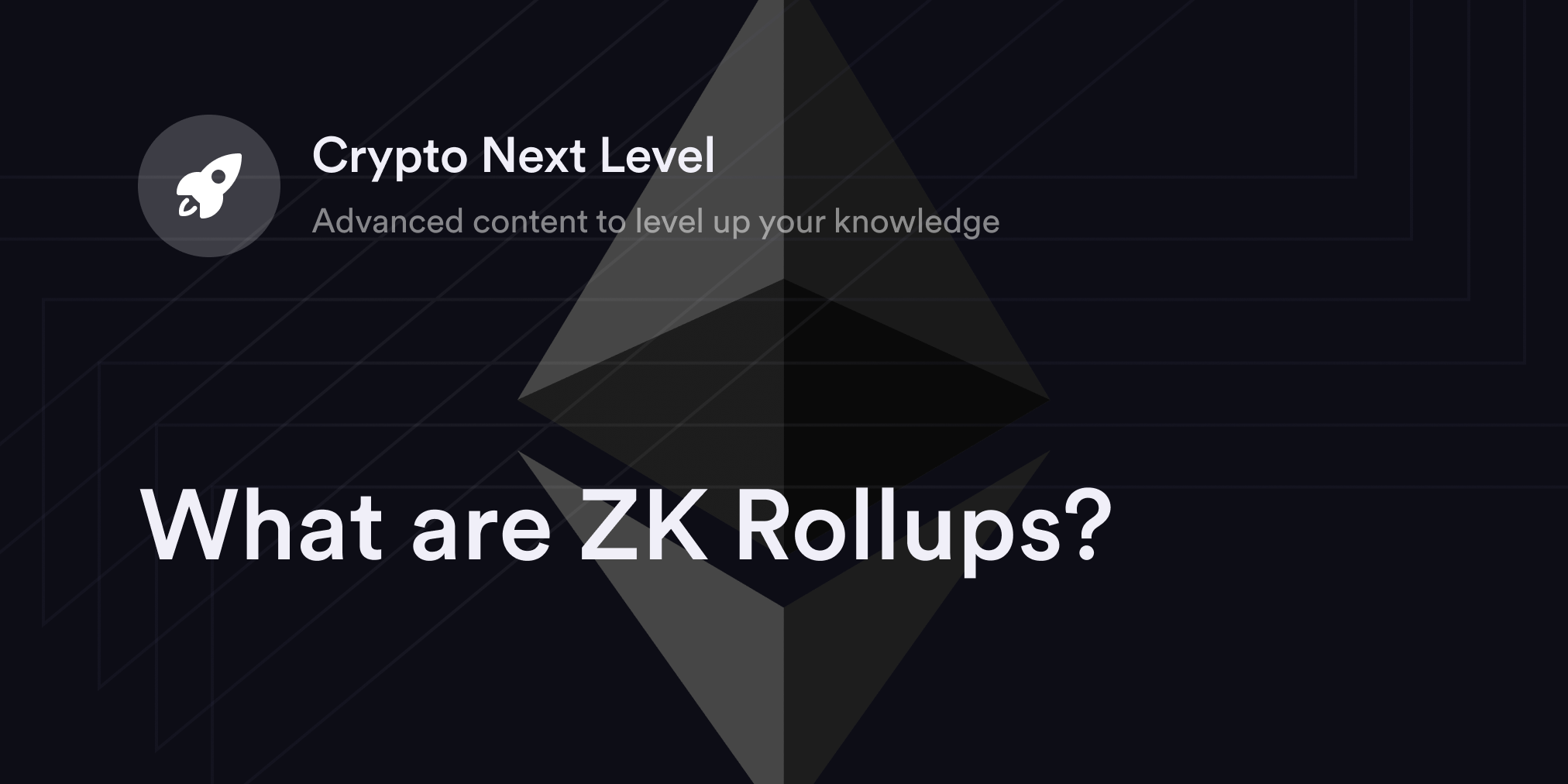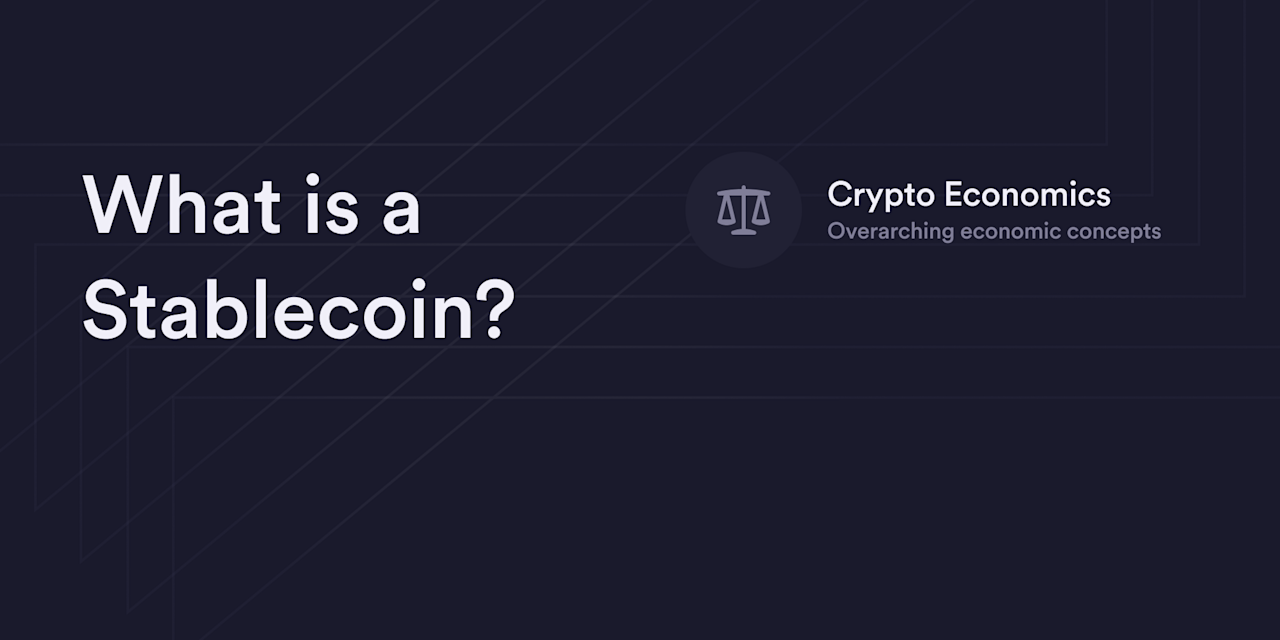
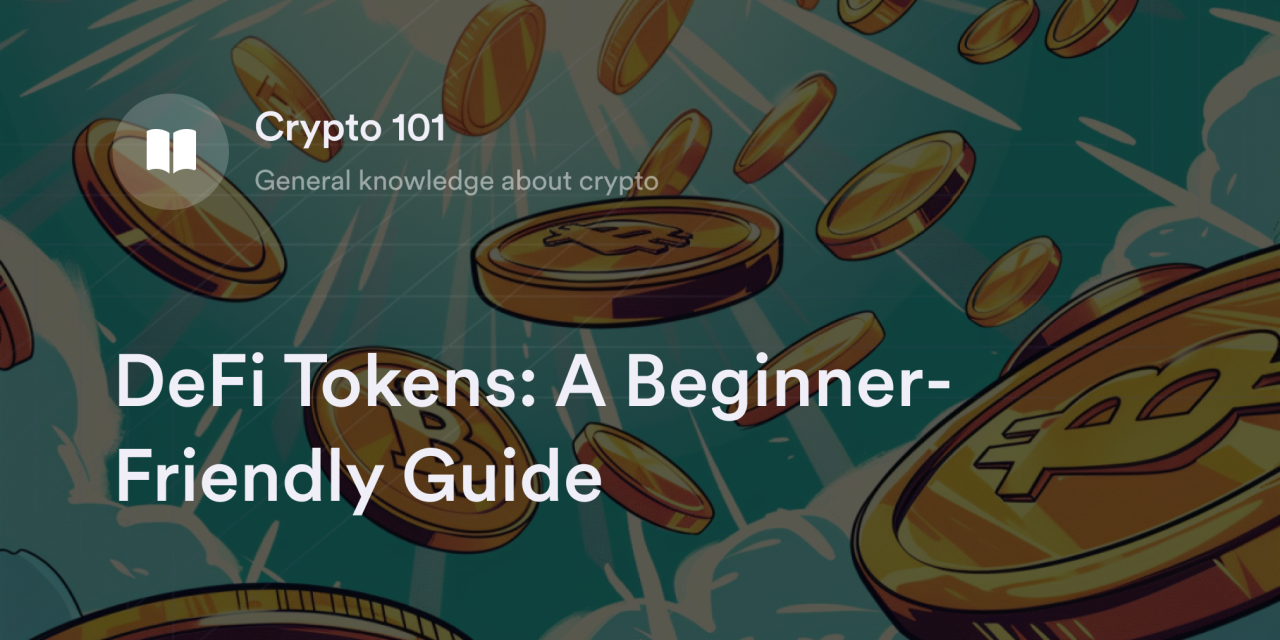

The field of decentralized finance (DeFi) offers a radical new way to trade, lend, and borrow digital assets without central intermediaries. Although still in its early growth stages, activity in DeFi continues to climb. In fact, in January 2020, more than 100,000 unique crypto wallets bought or sold digital assets in DeFi. And by January 2023, that number ballooned to more than 6.6 million wallets. What’s more, on-chain trading volume in DeFi exceeded centralized crypto trading platforms between 2021 and 2022 with an impressive $224 billion in crypto transactions, according to crypto analytics firm Chainalysis.
To capitalize on the surge in DeFi activity––and to grow their online communities––many DeFi protocols now launch their own crypto assets called decentralized finance tokens on blockchains like Ethereum (ETH).
Below, we’ll explore the ins and outs of DeFi tokens, including the purpose they serve, how crypto traders get them, and the best tokens out there.
What is DeFi?
To understand what DeFi tokens are, let’s first review the fundamentals of DeFi.
DeFi is a branch of the cryptocurrency industry focused on providing users with intermediary-free financial products and services. People using DeFi applications trade, lend, and borrow cryptocurrencies without submitting information to a centralized entity like a bank, brokerage firm, or fintech company. Instead, DeFi protocols are apps that run on top of decentralized computer networks (aka blockchains) for cryptocurrencies like Ethereum.
DeFi developers often rely on smart contract programs when building their applications. Smart contracts are coded commands on blockchains that automatically fulfill their tasks when a set of conditions are met. For example, if you want to swap ETH for a stablecoin like USDC on a decentralized exchange (DEX), the DeFi app’s smart contract notices the ETH deposit and automatically sends the equivalent USDC to your crypto wallet. Since smart contracts make secure peer-to-peer (P2P) crypto transfers possible for online financial services, apps in the DeFi space are colloquially called decentralized applications (dApps).
What Are DeFi Coins and Tokens?
In its broadest definition, a DeFi cryptocurrency is any digital asset used in DeFi applications, whether it’s a coin or a token. But remember not to confuse these two terms. While a coin is an essential component in a standalone blockchain, a token uses a coin’s blockchain as its base layer.
For example, Ethereum’s cryptocurrency (ETH) is a coin because it exists within the Ethereum blockchain as the chain’s official payment method. If traders use DeFi protocols built on top of Ethereum, they need ETH to pay for transaction costs (aka gas fees) when interacting with DeFi dApps. So although ETH isn’t exclusively used in DeFi applications, some consider it a DeFi coin because of its major role in Ethereum-based dApps like Uniswap, Aave, and Sushi.
A DeFi token, in contrast, is a cryptocurrency issued on top of a coin’s blockchain (e.g., Ethereum, Cardano, or Solana) and tied to a specific DeFi project. Developers behind a DeFi dApp often issue DeFi tokens to add special features to their blockchains, such as voting rights or a reward mechanism. Typically, DeFi tokens are a subset of a category called utility tokens because these cryptocurrencies serve a purpose within their respective Web3 ecosystems. Although DeFi tokens may trade on some cryptocurrency exchange for a variable price, they have use cases in their crypto ecosystems beyond price speculation.
What Are Some Popular DeFi Cryptocurrencies?
As new DeFi projects constantly open in the crypto space, keeping tabs on the latest DeFi coins and tokens is difficult. There are, however, a few cryptocurrencies that continue to dominate the leaderboards and play an influential role in the DeFi sector. Here are a few:
Sushi (SUSHI): Originally called SushiSwap, Sushi is a DEX on Ethereum deliberately modeled on Uniswap’s design. Pseudonymous developers Chef Nomi and 0xMaki copied Uniswap’s code to create their Ethereum-based DEX, and if people switched protocols, they offered Uniswap users high rewards paid in SUSHI tokens. Besides its role as an incentives mechanism, SUSHI gives holders voting rights on Sushi’s DeFi dApp.
Aave (AAVE): Aave is a P2P crypto lending and borrowing protocol on the Ethereum blockchain. Similar to UNI and SUSHI, the primary purpose behind Aave’s AAVE token is to give holders a say in governance proposals. The protocol also has a Safety Module with deposited AAVE tokens from community members. If you send AAVE to the Safety Module, you receive token rewards, but Aave reserves the right to slash as much as 30% of each person’s stake to protect the protocol during an emergency.
Lido DAO (LDO): Lido Decentralized Autonomous Organization (DAO) is a DeFi platform focused on helping traders earn interest on proof-of-stake (PoS) cryptocurrencies like Ethereum. PoS is an algorithm used on some crypto blockchains where computers on the network lock (or stake) their cryptocurrency to earn rewards. Lido also issues copies of the cryptocurrency users deposit, such as Lido Staked Ethereum (StETH), which serve as receipts for dApp depositors. The LDO cryptocurrency is Lido DAO’s governance token, which holders use to place votes on upgrades to Lido’s protocol.
Curve Finance (CRV): Curve Finance is an Ethereum DEX that focuses on low-volatility crypto trading pairs. Rather than offering small and speculative altcoins, most of the cryptocurrencies on Curve Finance are either stablecoins or wrapped tokens. Curve Finance also has a CRV governance token to give community members a vote in the future direction of Curve DEX.
Where do Crypto Traders Buy DeFi Cryptocurrencies?
Traders don’t need to use DeFi to add DeFi cryptocurrencies to their portfolios. While earning or buying DeFi coins and tokens on DEXs, decentralized wallets, and other DeFi dApps is possible, many mainstream cryptocurrency exchanges sell DeFi-related cryptocurrencies. Here’s how:
Head to cryptocurrency price aggregator websites like CoinMarketCap or CoinGecko.
Visit the dedicated DeFi Token tab, or search for the ticker associated with a DeFi cryptocurrency to find more detailed information.
Now head to the website of the cryptocurrency you wish to trade to understand the virtual currency in detail, including its market cap, tokenomics, and application.
Look for the Exchanges tab listing all the centralized exchanges (CEXs) and DEXs offering crypto trading pairs.
Finally, choose the exchange you’re most comfortable using and either set up an account or link a crypto wallet to trade the DeFi token you want.
Eligible Traders Can Trade the Top DeFi Token Perpetuals on dYdX
Looking for a low-fee, decentralized way to trade the hottest crypto perpetuals? If you are an eligible trader, dYdX has you covered!
With a dYdX account, eligible traders can access dozens of altcoin perpetual contracts with advanced tools like slippage tolerance controls and precise limit orders. Discover the latest features and trading options on dYdX’s official blog. For more details on DeFi and cryptocurrency, don’t forget to check out dYdX Academy for more beginner-friendly educational content, and eligible traders can start trading on dYdX today.
Disclaimer
The content of this article (the “Article”) is provided for general informational purposes only. Reference to any specific strategy, technique, product, service, or entity does not constitute an endorsement or recommendation by dYdX Trading Inc., or any affiliate, agent, or representative thereof (“dYdX”). Use of strategies, techniques, products or services referenced in this Article may involve material risks, including the risk of financial losses arising from the volatility, operational loss, or nonconsensual liquidation of digital assets. The content of this Article does not constitute, and should not be considered, construed, or relied upon as, financial advice, legal advice, tax advice, investment advice, or advice of any other nature; and the content of this Article is not an offer, solicitation or call to action to make any investment, or purchase any crypto asset, of any kind. dYdX makes no representation, assurance or guarantee as to the accuracy, completeness, timeliness, suitability, or validity of any information in this Article or any third-party website that may be linked to it. You are solely responsible for conducting independent research, performing due diligence, and/or seeking advice from a professional advisor prior to taking any financial, tax, legal, or investment action.
You may only use the dYdX Services in compliance with the dYdX Terms of Use available here, including the geographic restrictions therein.
Any applicable sponsorship in connection with this Article will be disclosed, and any reference to a sponsor in this Article is for disclosure purposes, or informational in nature, and in any event is not a call to action to make an investment, acquire a service or product, or purchase crypto assets. This Article does not offer the purchase or sale of any financial instruments or related services.
By accessing this Article and taking any action in connection with the information contained in this Article, you agree that dYdX is not responsible, directly or indirectly, for any errors, omissions, or delays related to this Article, or any damage, injury, or loss incurred in connection with use of or reliance on the content of this Article, including any specific strategy, technique, product, service, or entity that may be referenced in the Article.
